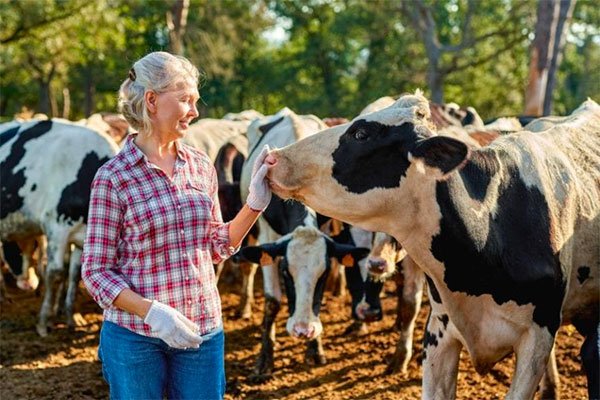Description:
Attend to live farm, ranch, open range or aquacultural animals that may include cattle, sheep, swine, goats, horses and other equines, poultry, rabbits, finfish, shellfish, and bees. Attend to animals produced for animal products, such as meat, fur, skins, feathers, eggs, milk, and honey. Duties may include feeding, watering, herding, grazing, milking, castrating, branding, de-beaking, weighing, catching, and loading animals. May maintain records on animals; examine animals to detect diseases and injuries; assist in birth deliveries; and administer medications, vaccinations, or insecticides as appropriate. May clean and maintain animal housing areas. Includes workers who shear wool from sheep and collect eggs in hatcheries.
Tasks:
- Feed and water livestock and monitor food and water supplies.
- Herd livestock to pastures for grazing or to scales, trucks, or other enclosures.
- Examine animals to detect illness, injury, or disease, and to check physical characteristics, such as rate of weight gain.
- Provide medical treatment, such as administering medications and vaccinations, or arrange for veterinarians to provide more extensive treatment.
- Mark livestock to identify ownership and grade, using brands, tags, paint, or tattoos.
Average Salary:
$16,990 – $36,310


